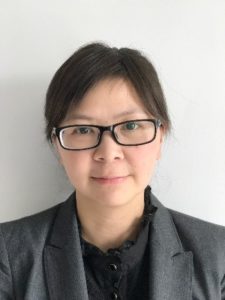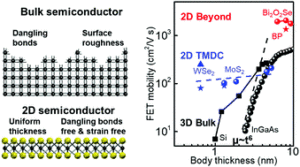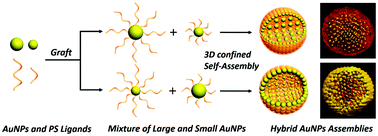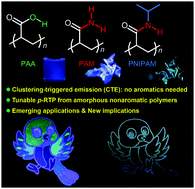Materials Chemistry Frontiers is very delighted to announce the following additions to the Advisory Board!
 |
Thuc Quyen Nguyen
Professor, University of California
Research interests: Electronic properties of conjugated polyelectrolytes, interfaces in optoelectronic devices, charge generation and transport in organic semiconductors, new materials for organic solar cell applications, molecular self-assemblies, materials processing, nanoscale characterization of organic solar cells, device physics, and biomaterials/bioelectronics. |
Recent publication at the Royal Society of Chemistry:
Measuring the competition between bimolecular charge recombination and charge transport in organic solar cells under operating conditions
Aggregation-free sensitizer dispersion in rigid ionic crystals for efficient solid-state photon upconversion and demonstration of defect effects
Unraveling the cooperative synergy of zero-dimensional graphene quantum dots and metal nanocrystals enabled by layer-by-layer assembly
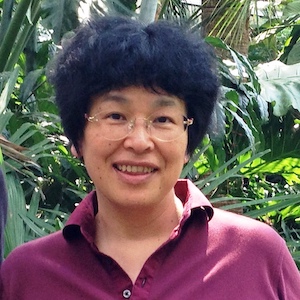 |
Kyoko Nozaki
Professor, The University of Tokyo
Research interests: Organic chemistry. To discover, develop, and understand new reactions mediated by homogeneous catalysis for organic and polymer synthesis. |
Recent publication at the Royal Society of Chemistry:
Synthesis of carbonyl-bridged dibenzofulvalenes and related compounds by rhodium-catalyzed stitching reaction
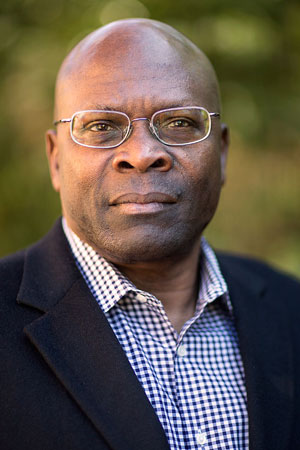 |
Samson Jenekhe
Professor, University of Washington
Research interests: Electronic, optoelectronic, and photonic phenomena in polymers. |
Recent publication at the Royal Society of Chemistry:
Barbiturate end-capped non-fullerene acceptors for organic solar cells: tuning acceptor energetics to suppress geminate recombination losses
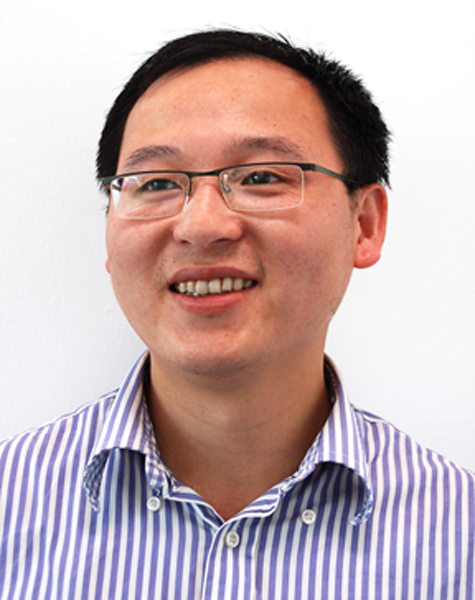 |
Xinliang Feng
Professor, Technische Universität Dresden
Research interests: organic synthetic methodology, organic synthesis and supramolecular chemistry of π-conjugated system, bottom-up synthesis and top-down fabrication of graphene and graphene nanoribbons, 2D polymers and supramolecular polymers, 2D carbon-rich conjugated polymers for opto-electronic applications, energy storage and conversion, new energy devices and technologies. |
Recent publication at the Royal Society of Chemistry:
Nitrogen-doped carbon nanosheets and nanoflowers with holey mesopores for efficient oxygen reduction catalysis
The mechanochemical Scholl reaction – a solvent-free and versatile graphitization tool
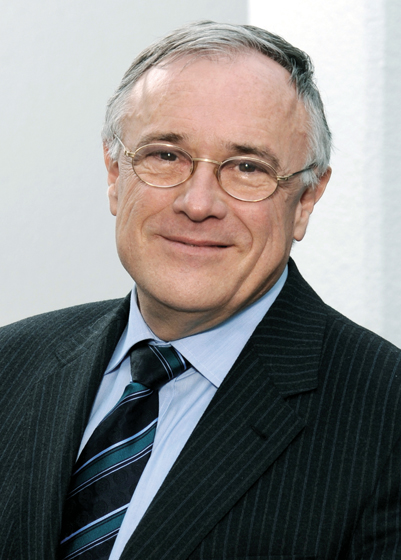 |
Klause Muellen
Professor, Max Planck Institute for Polymer Research
Research interests: Range from the development of new polymer-forming reactions, including methods of organometallic chemistry, to the chemistry and physics of small molecules, graphenes, dendrimers and biosynthetic hybrids. His work further encompasses the formation of multi-dimensional polymers with complex shape-persistent architectures, nanocomposites, and molecular materials with liquid crystalline properties for electronic and optoelectronic devices. |
Recent publication at the Royal Society of Chemistry:
Solution and on-surface synthesis of structurally defined graphene nanoribbons as a new family of semiconductors
Spiro-fused bis-hexa-peri-hexabenzocoronene
Spatially resolved solid-state reduction of graphene oxide thin films
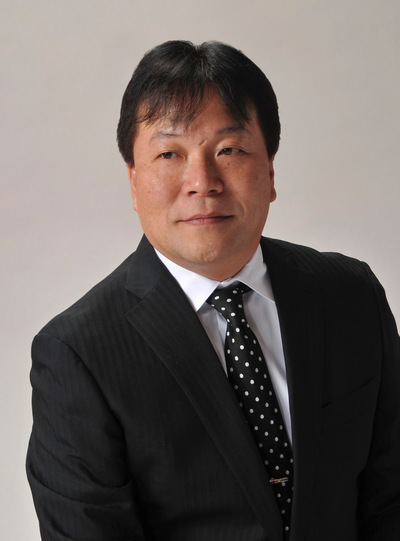 |
Takuzo Aida
Professor, The University of Tokyo
Research interests: Controlled macromolecular synthesis with mesoporous inorganic materials, photo and supramolecular chemistry of dendritic macromolecules, mesoscopic materials sciences and bio-related molecular recognitions and catalyses |
Recent publication at the Royal Society of Chemistry:
Guanidinium-based “molecular glues” for modulation of biomolecular functions
 |
Karen Wooley
Professor, Texas A&M University
Research interests: Design, synthesis and characterization of unique polymers, with emphasis upon the development of synthetic methodologies that allow for the preparation of complex nanostructured materials. |
Recent publication at the Royal Society of Chemistry:
Co-assembly of sugar-based amphiphilic block polymers to achieve nanoparticles with tunable morphology, size, surface charge, and acid-responsive behavior
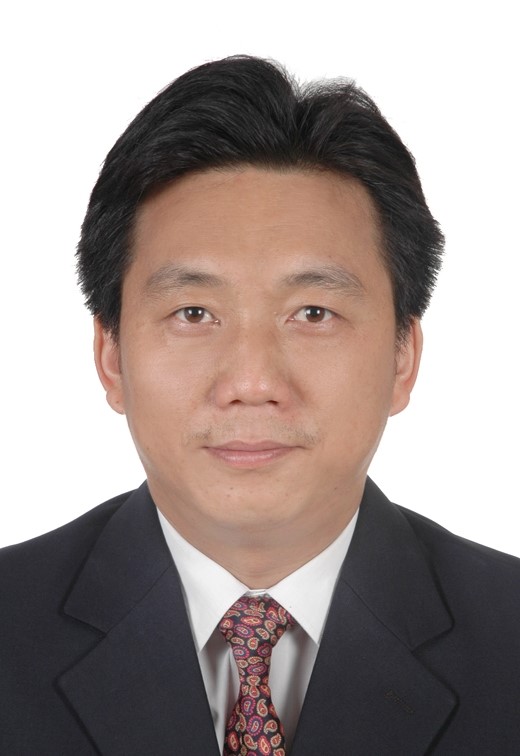 |
Weihong Zhu
Professor, East China University of Science & Technology
Research interests: Organic sensitizers for solar cells, organic photochromic materials and NIR Fluorescent sensors for bioimaging and drug deliver. |
Recent publication at the Royal Society of Chemistry:
A sequence-activated AND logic dual-channel fluorescent probe for tracking programmable drug release
Low cost and stable quinoxaline-based hole-transporting materials with a D–A–D molecular configuration for efficient perovskite solar cells
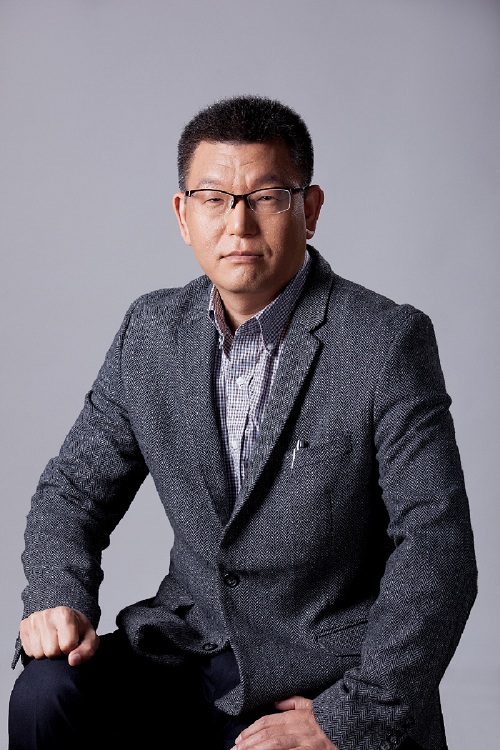 |
Xingjie Liang
Professor, National Center for Nanoscience and Techonolgy, China
Research interests: Elucidating mechanisms to improve nanomedicinal bioavailability by nanotechnology in vivo, and novel strategies to increase therapeutic effect on cancers and infective diseases. |
Recent publication at the Royal Society of Chemistry:
Improved pharmaceutical research and development with AIE-based nanostructures
AMF responsive DOX-loaded magnetic microspheres: transmembrane drug release mechanism and multimodality postsurgical treatment of breast cancer
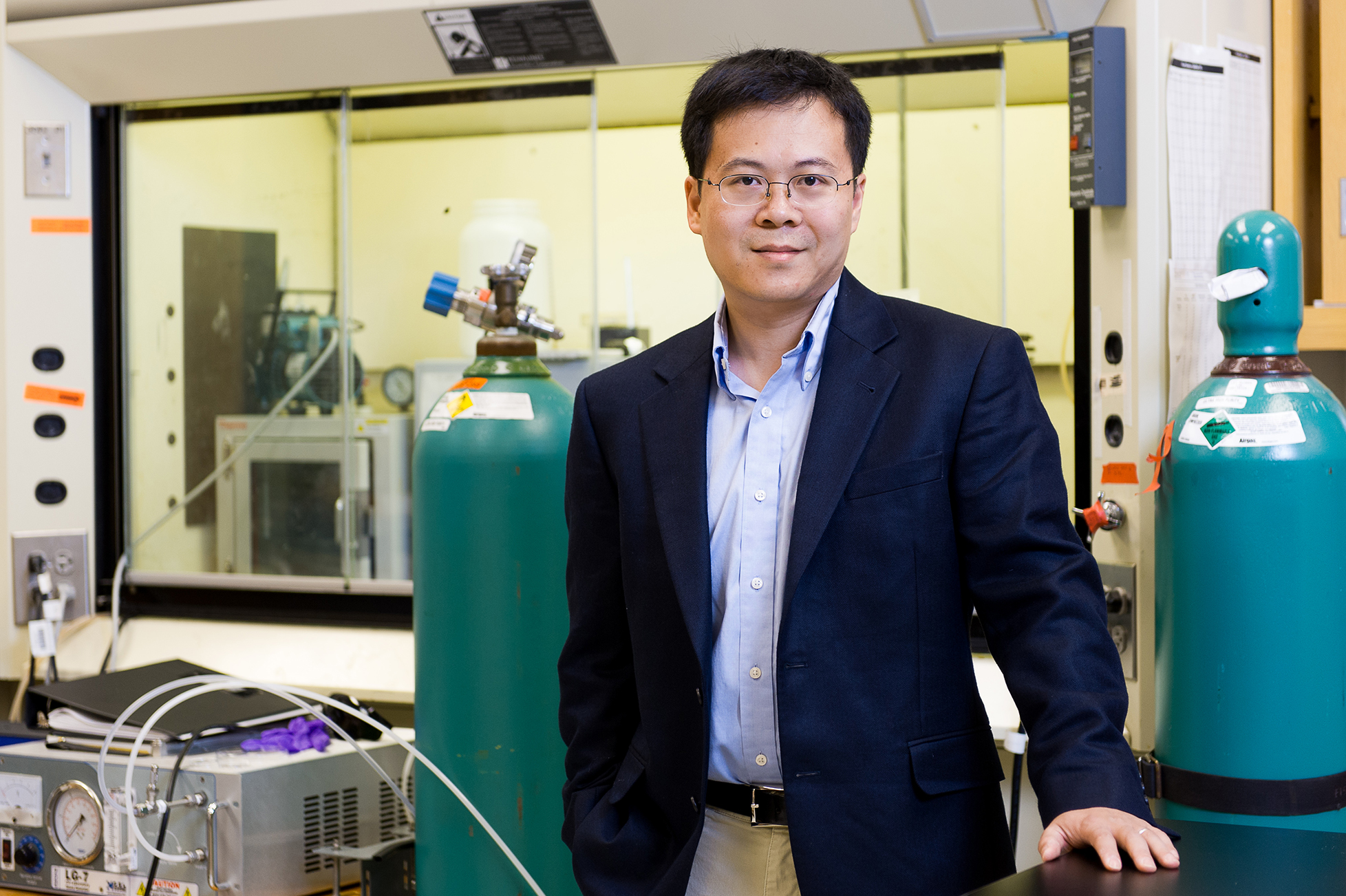 |
Jiaxing Huang
Professor, Northwestern University, USA
Research interests: Material chemistry, processing, and manufacturing. |
Recent publication at the Royal Society of Chemistry:
Kirigami nanofluidics
Crumpled graphene ball-based broadband solar absorbers
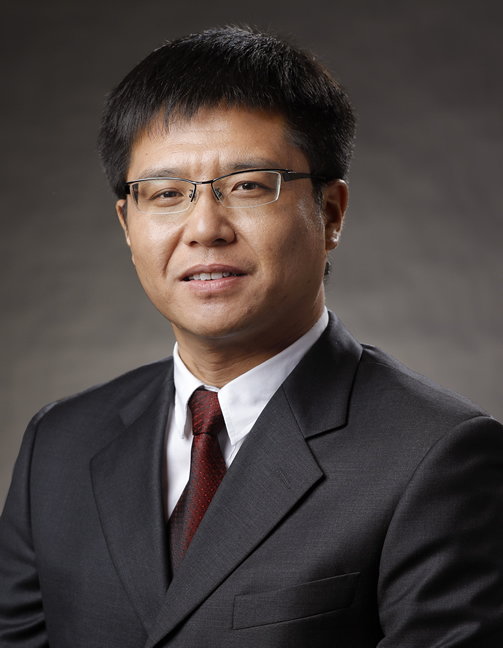 |
Tierui Zhang
Professor, Technical Institute of Physics and Chemistry
Research interests: Efficient visible-light-driven photocatalysts; low-cost, efficient and durable electrocatalysts. |
Recent publication at the Royal Society of Chemistry:
Two-dimensional-related catalytic materials for solar-driven conversion of COx into valuable chemical feedstocks
A core–satellite structured Z-scheme catalyst Cd0.5Zn0.5S/BiVO4for highly efficient and stable photocatalytic water splitting
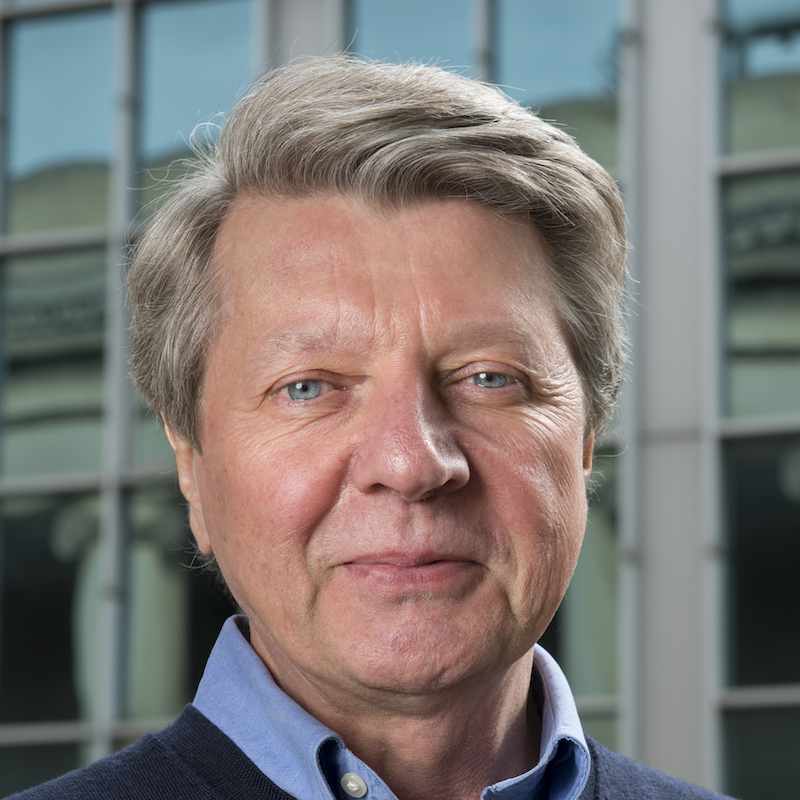 |
Krzysztof Matyjaszewski
Professor, Carnegie Mellon University
Research interests: Macromolecular engineering; synthesis of well-defined macromolecules via living and controlled polymerizations; homogeneous and heterogeneous catalysis; and the preparation of well-defined polymers and hybrids for optoelectronics, ceramics, and biomedical applications. |
Recent publication at the Royal Society of Chemistry:
Redox-switchable atom transfer radical polymerization
Externally controlled atom transfer radical polymerization
 |
Christoph Weder
Professor, University of Fribourg
Research interests: Design, synthesis and investigation of novel functional polymers, in particular stimuli-responsive polymers, bio-inspired materials, supramolecular systems, and polymer nanocomposites. |
Recent publication at the Royal Society of Chemistry:
Enhancement of triplet-sensitized upconversion in rigid polymers via singlet exciton sink approach
Solid-state sensors based on Eu3+-containing supramolecular polymers with luminescence colour switching capability
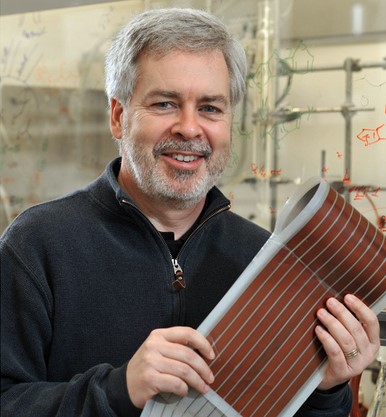 |
Mario Leclerc
Professor, Université Laval
Research interests: Development of novel polythiophenes, polyfluorenes, polycarbazoles, poly(thieno[3,4-c]pyrrole-4,6-dione) and also on the development of a new polymerization method called Direct Heteroarylation for applications in the areas of nanoelectronics, electrooptics, photonics, combinatorial chemistry, and genomic. |
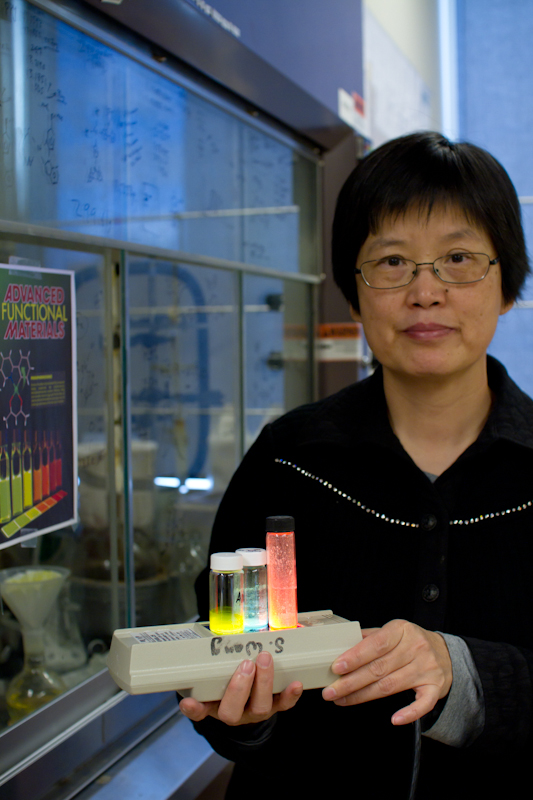 |
Suning Wang
Professor, Queen’s University
Research interests: Inorganic/organometallic chemistry, with particular emphasis on the discovery of novel organoboron and transition metal systems for applications in advanced materials. |
Recent publication at the Royal Society of Chemistry:
The opposite and amplifying effect of B ← N coordination on photophysical properties of regioisomers with an unsymmetrical backbone
Transforming benzylideneamine N,C-chelate boron compounds to BN-cycloocta-/cyclohepta-trienes bearing a tetrasubstituted B N unit via photoisomerization
Stabilising fleeting intermediates of stilbene photocyclization with amino-borane functionalisation: the rare isolation of persistent dihydrophenanthrenes and their [1,5] H-shift isomers
 |
Françoise Winnik
Professor, University of Helsinki
Research interests: Combining studies in fundamental physical chemistry, polymer science, surface chemistry, to applied fields such as nanomedicine and nanotoxicity. This interdisciplinary work involves synthesis and characterization of stimuli-responsive polymers as well as the design of gold nanoparticles and functionalized quantum dots for biomedical applications. |
 |
James Wuest
Professor, Université de Montréal
Research interests: Molecular design and synthesis of a wide range of organic, organometallic, and inorganic compounds. |
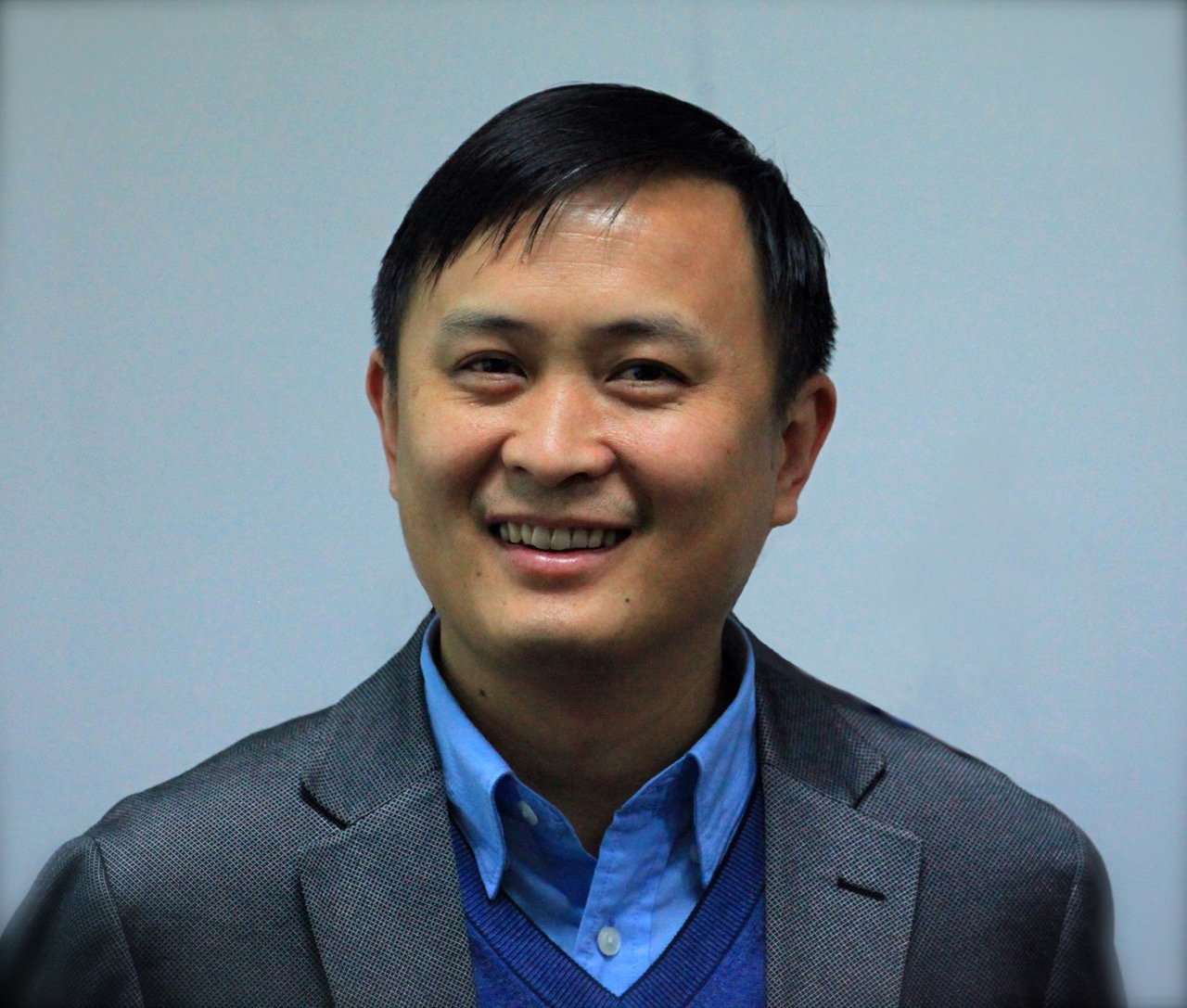 |
Dongsheng Liu
Professor, Tsinghua University
Research interests: Using biomolecules and their specific interaction in nanostructure fabrication and nanodevice design. |
Recent publication at the Royal Society of Chemistry:
Stabilization of an intermolecular i-motif by lipid modification of cytosine-oligodeoxynucleotides
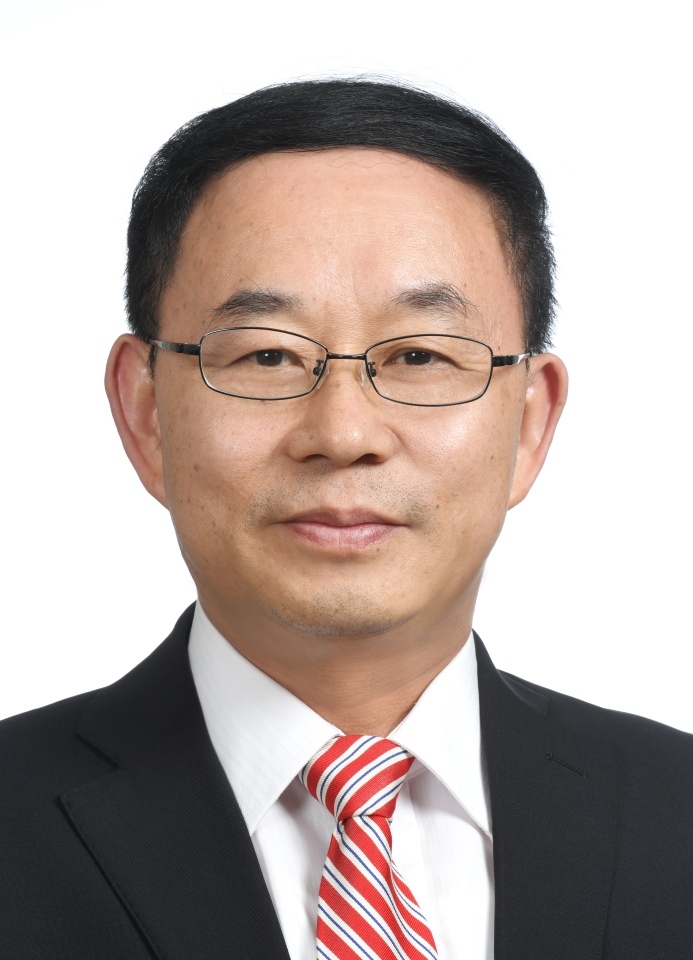 |
Yuliang Zhao
Professor, National Center for Nanoscience and Technology
Research interests: Biomedical functions of manufactured nanomaterial; the toxicological effects of nanomaterials; surface chemistry of nanoparticles and their novel properties for the purposes of enhancing the biomedical functions or reducing the potential toxicity; the MD theoretical simulation and modeling the dynamic processes of the interplay between nano-systems and bio-systems. |
Recent publication at the Royal Society of Chemistry:
Gd@C82(OH)22 harnesses inflammatory regeneration for osteogenesis of mesenchymal stem cells through JNK/STAT3 signaling pathway
 |
Parameswar K.Iyer
Professor, Indian Institute of Technology Guwahati
Research interests: Designing and fabricating functional material with controlled composition and architecture. |
Recent publication at the Royal Society of Chemistry:
Aldehyde group driven aggregation-induced enhanced emission in naphthalimides and its application for ultradetection of hydrazine on multiple platforms
Multifunctional hierarchical 3-D ZnO superstructures directly grown over FTO glass substrates: enhanced photovoltaic and selective sensing applications
Advisory Board members at Materials Chemistry Frontiers are recognized as leading researchers who have made significant contributions to the development of their fields. Visit the journal homepage to find out the full list of Advisory Board members for the journal!












